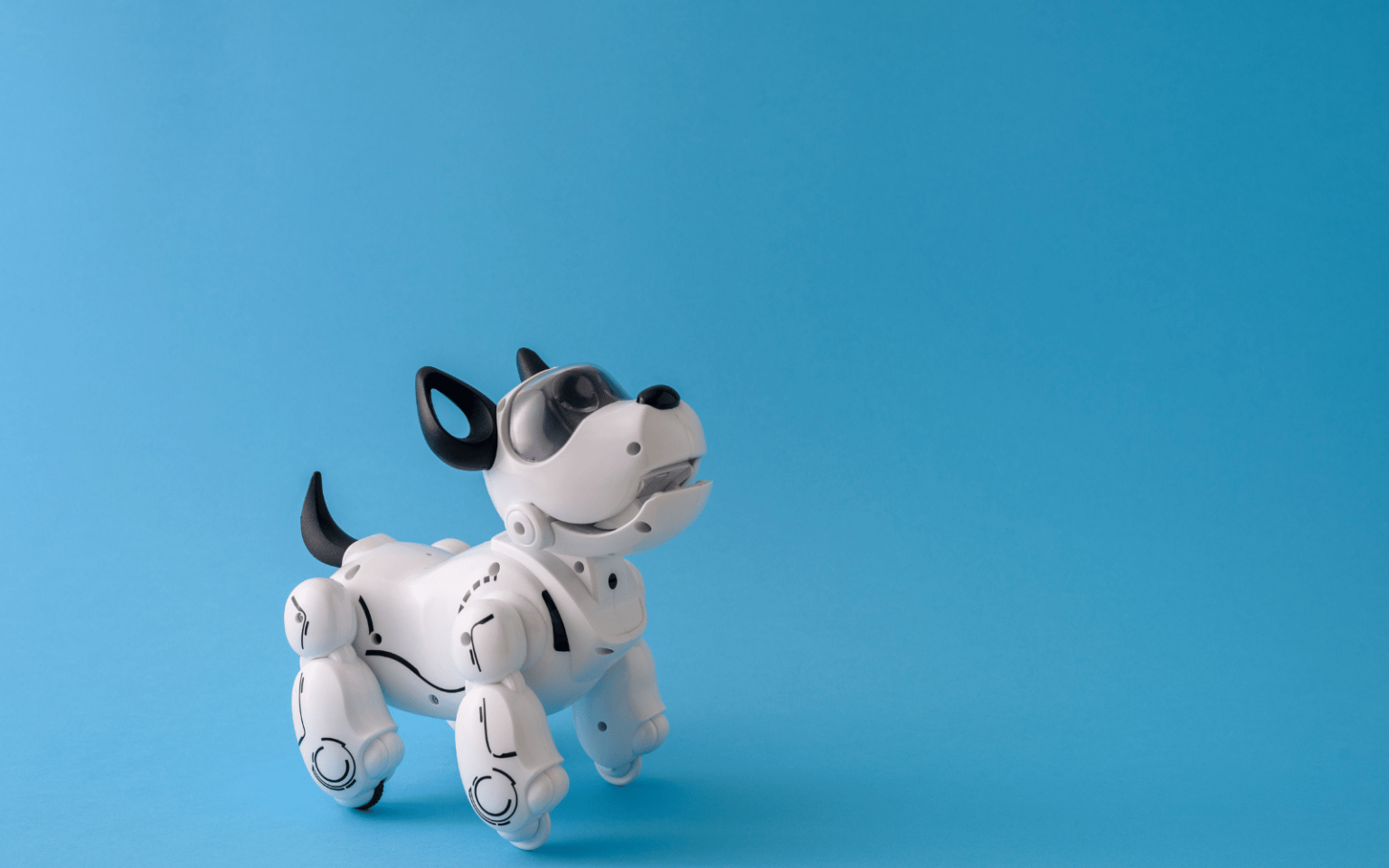Time travel makes regular appearances in popular culture, with innumerable time travel storylines in movies, television and literature. But it is a surprisingly old idea: one can argue that the Greek tragedy Oedipus Rex, written by Sophocles over 2,500 years ago, is the first time travel story. But is time travel in fact possible? Given the popularity of the concept, this is a legitimate question. As a theoretical physicist, I find that there are several possible answers to this question, not all of which are contradictory. The simplest answer is that time travel cannot be possible because if it was, we…
Author: The Conversation
NASA had a banner year in 2022, with many successful missions in what was one of the organization’s most active years in decades. I’m a professor of astronomy who has used NASA telescopes for decades to do research in observational cosmology. I also have a keen interest in the role science plays in humanity’s expansion into space. NASA’s missions over the past year have been remarkably far-ranging – from practicing how to protect the Earth to preparing for the first manned mission to Mars and learning about the earliest days in the universe. By working in the extremes, scientists are learning about and doing more in…
Creativity for all – but loss of skills? Lynne Parker, Associate Vice Chancellor, University of Tennessee Large language models are making creativity and knowledge work accessible to all. Everyone with an internet connection can now use tools like ChatGPT or DALL-E 2 to express themselves and make sense of huge stores of information by, for example, producing text summaries. Especially notable is the depth of humanlike expertise large language models display. In just minutes, novices can create illustrations for their business presentations, generate marketing pitches, get ideas to overcome writer’s block, or generate new computer code to perform specified functions, all at a level of quality typically attributed to…
Last Saturday night, a young woman out on the town in Brisbane saw a dog-shaped robot trotting towards her and did what many of us might have felt an urge to do: she gave it a solid kick in the head. After all, who hasn’t thought about lashing out at “intelligent” technologies that frustrate us as often as they serve us? Even if one disapproves of the young woman’s action (or sympathises with Stampy the “bionic quadruped”, a model also reportedly used by the Russian military), her impulse was quintessentially human. As artificial intelligence and robotics are increasingly deployed to spy on…
As we prepare to invest money to prevent the next global pandemic and find solutions to many other problems, science funders have a large opportunity to move towards open science and more research collaboration by offering open-source endowed chairs. In these research positions, professors agree to ensure all of their writing is distributed via open access — and they release all of their intellectual property in the public domain or under appropriate open-source licences. The global scholarly publishing market has grown steadily and is now worth over US$28 billion. Researchers estimate universities are also able to capture billions through patent licensing, although most technology transfer offices at universities…
These days, we don’t have to wait long until the next breakthrough in artificial intelligence (AI) impresses everyone with capabilities that previously belonged only in science fiction. In 2022, AI art generation tools such as Open AI’s DALL-E 2, Google’s Imagen, and Stable Diffusion took the internet by storm, with users generating high-quality images from text descriptions. Unlike previous developments, these text-to-image tools quickly found their way from research labs to mainstream culture, leading to viral phenomena such as the “Magic Avatar” feature in the Lensa AI app, which creates stylised images of its users. In December, a chatbot called ChatGPT stunned users…
Real-world technology is often foretold by science fiction. In 1927, characters in the film Metropolis made video calls to each other. Star Trek creator Gene Roddenberry hung flat-screen colour monitors on the walls of the Enterprise decades before we did the same in our living rooms. The most obvious examples of technology in science fiction tend to focus on artificial intelligence, communication and transport. But futuristic chemistry is embraced by sci-fi writers too. For example, a central feature of Aldous Huxley’s 1932 novel Brave New World is a chemical antidepressant. In recent years we’ve seen incredible leaps in chemical technologies – to…
Your heart beats around 100,000 times every day. Heart rate is a key marker of cardiovascular activity and an important vital sign. But your pulse is not as steady as a precision clock – nor would you want it to be. As a cardiovascular physiologist, I measure heart rate in nearly every experiment my students and I perform. Sometimes we use an electrocardiogram, such as you’d see in a medical clinic, which uses sticky electrodes to measure electrical signals between two points of your body. Other times we use a chest strap monitor, like ones you might see on someone at the gym, which…
Nanomedicines took the spotlight during the COVID-19 pandemic. Researchers are using these very small and intricate materials to develop diagnostic tests and treatments. Nanomedicine is already used for various diseases, such as the COVID-19 vaccines and therapies for cardiovascular disease. The “nano” refers to the use of particles that are only a few hundred nanometers in size, which is significantly smaller than the width of a human hair. Although researchers have developed several methods to improve the reliability of nanotechnologies, the field still faces one major roadblock: a lack of a standardized way to analyze biological identity, or how the body will react to nanomedicines. This is essential information…
Researchers in the US have finally fulfilled an objective that was set decades ago: the achievement of “ignition” – getting more energy out than you put in – using nuclear fusion. The scientists at the Lawrence Livermore National Laboratory’s National Ignition Facility (NIF), where the experiment took place, are no doubt both excited and relieved to finally fulfil the promise implied by the name of their facility. But how excited should the rest of us be? What does this really mean for the possibility of creating effectively unlimited amounts of clean energy, and what else needs to happen to achieve this? While the fusion reactions…










